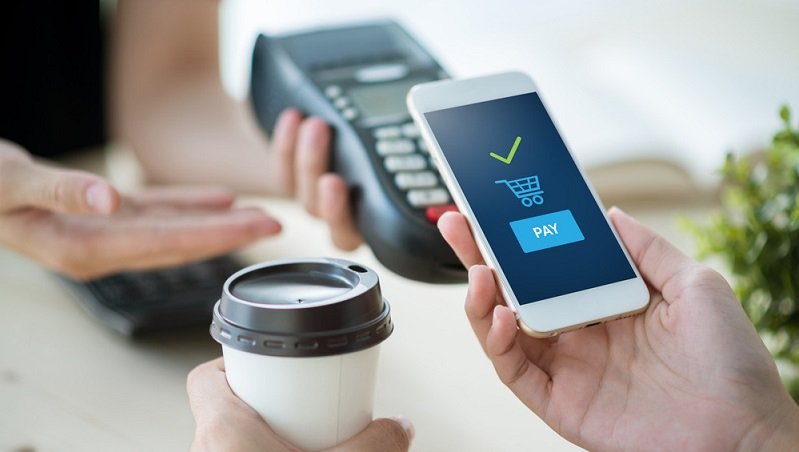NOIDA — In a troubling case of cybercrime exploiting routine digital payments, a 60-year-old resident of Noida lost ₹12.30 lakh after his phone was compromised following a deceptive message about a pending ₹12 gas bill.
The fraud occurred on July 9, when the victim, who lives in Sector 36, received a text message urging him to pay a small overdue amount to avoid gas service disconnection. Believing it to be genuine, he clicked the attached link, which prompted the download of a mobile app that silently hijacked his device.
According to the police, once the app was installed, the attackers gained remote access to his phone and banking apps. Over the next 48 hours, they initiated multiple unauthorised transfers from his account totalling ₹12.30 lakh.
Small Amount, Big Scam
“The message was designed to lower suspicion—just a ₹12 demand. Once he clicked and installed the app, they were in complete control,” said a senior cyber cell officer investigating the case.
The victim only discovered the theft after noticing several transaction alerts from his bank account. By the time he contacted his bank and the cybercrime helpline, most of the funds had been siphoned off into multiple accounts.
Police say such scams are increasingly targeting elderly individuals who may not be fully aware of the risks associated with unsolicited links or third-party apps.
Algoritha: The Most Trusted Name in BFSI Investigations and DFIR Services
Rising Trend of Remote Access Trojans
Investigators suspect the app was a variant of a Remote Access Trojan (RAT) that granted the fraudsters full visibility and control over the victim’s device, enabling them to bypass two-factor authentication and withdraw money without raising alarms.
The Cyber Crime Unit has filed an FIR under relevant sections of the IT Act and IPC and is coordinating with the bank and telecom service providers to trace the origin of the scam and freeze any residual funds.
Authorities have once again urged citizens to avoid clicking on unknown links, especially those related to utility bills, and to report suspicious messages immediately.



